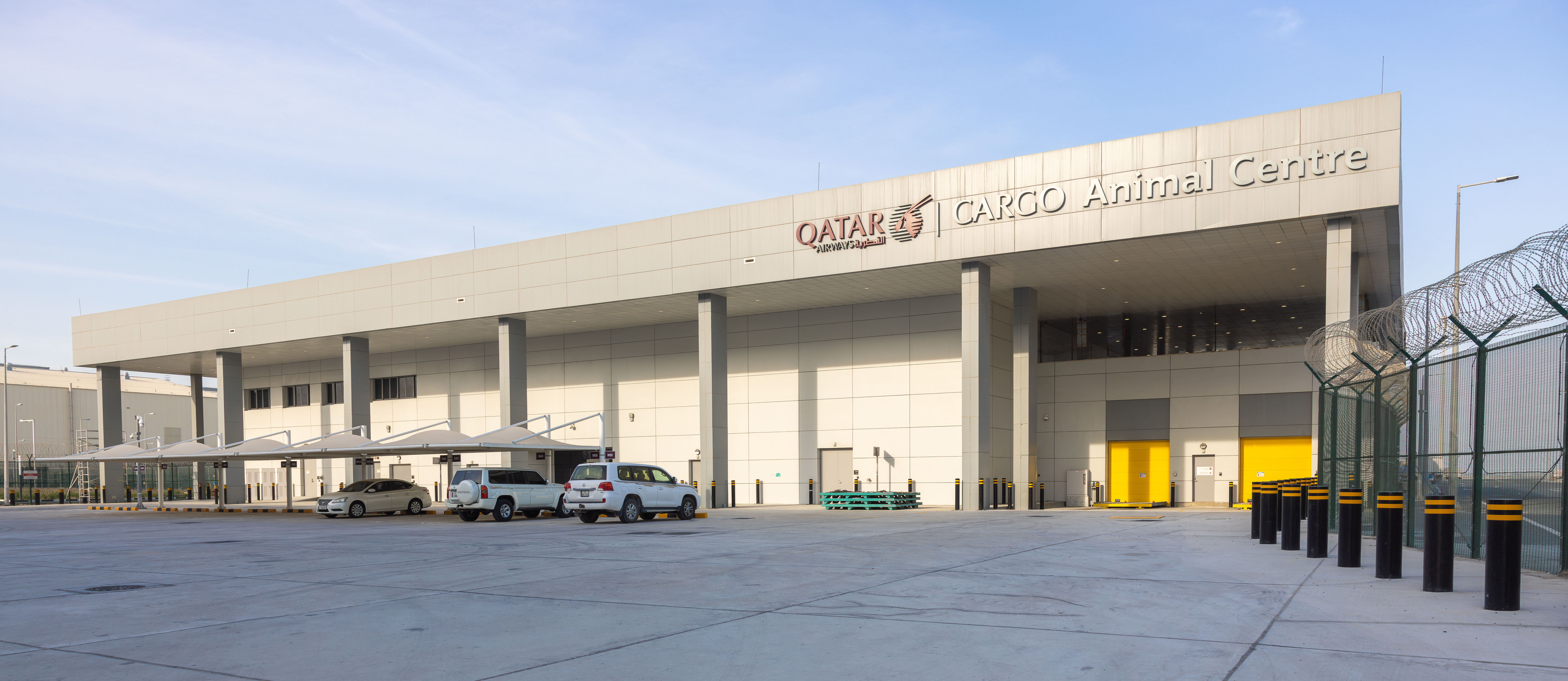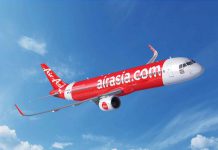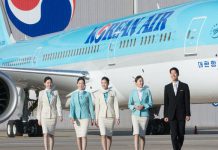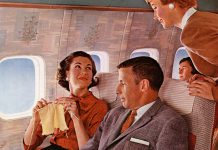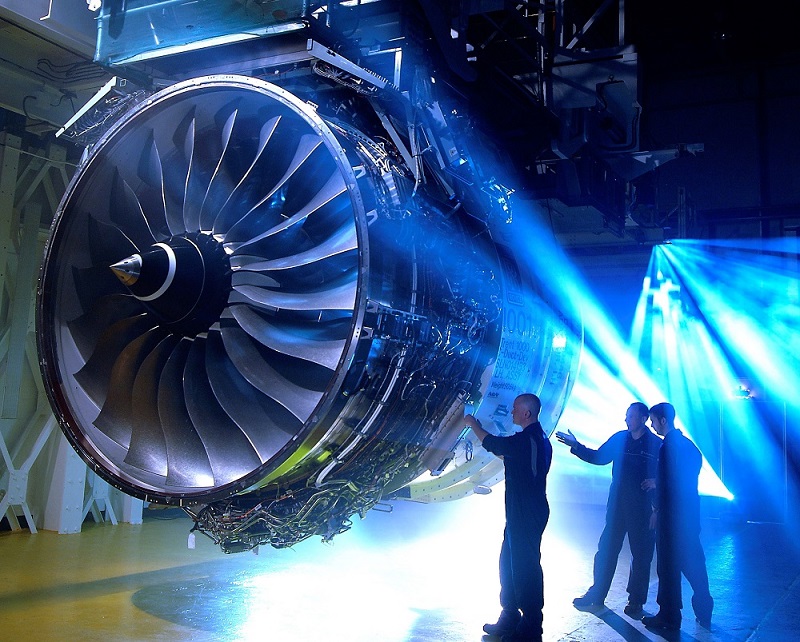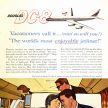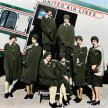Rolls Royce has stunned the aviation world by pulling out of the race to power Boeing’s proposed 797 after it announced a £2.9 billion loss as the costs mount of rectifying durability faults on its Trent 1000 engines that power some 787s and Airbus’s decision to ditch its superjumbo.
The engine maker has so far taken a £790 million loss on the 787 engine wear issue and another £150 million write-off the A380 shutdown.
But it wasn’t all bad news as Rolls Royce’s underlying operating profit of £616m was double that of the previous year.
However, it will be some time before there are blue skies for the famous aero engine maker with some estimates suggesting that the cost of fixing the 787 engines could double.
The decision to pull out of the 797 program has far-reaching implications for Rolls Royce for its reputation and long term future in the civil market.
In a statement to the stock market, Rolls Royce said that “we are unable to commit to the proposed timetable to ensure we have a sufficiently mature product which supports Boeing’s ambition for the aircraft and satisfies our own internal requirements for technical maturity at entry into service.”
According to Chris Cholerton, president of the civil aerospace division, “this is the right decision for Rolls-Royce and the best approach for Boeing.”
He added that “delivering on our promises to customers is vital to us and we do not want to promise to support Boeing’s new platform if we do not have every confidence that we can deliver to their schedule.”
It is that support for its customers that is causing major issues for a number of airlines whose 787s are powered by certain models of the Rolls Royce Trent 1000.
Airlines have been forced to ground 787s, cancel flights and lease in other planes to fill the void.
Leasing planes is rarely a good option as they are not fitted with the airline’s standard offering cabin, which for many is their big selling point.
Boeing is expected to announce a go-ahead to offer its 797 to airlines within months.
The 797 which will be a twin-aisle, all-composite aircraft seating 230-270 passengers and optimized for routes up to 10 hours.
The market size is put at over 5000 airframes.


